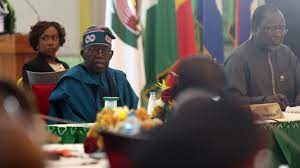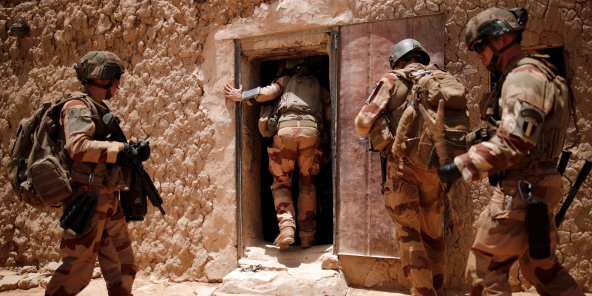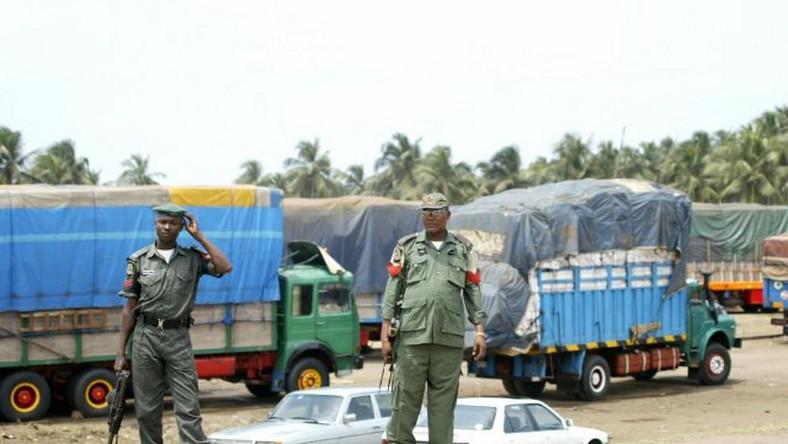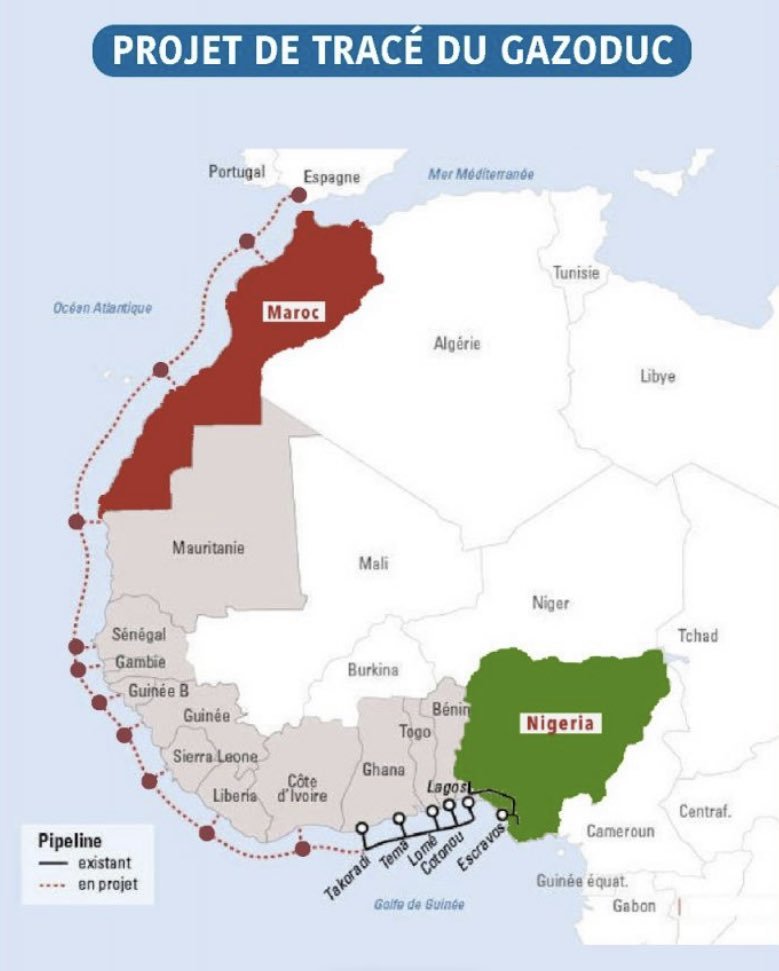The heads of state of the member countries of the Economic Community of West African States (ECOWAS) have decided to lift some of the sanctions imposed on Niger following last year’s military coup, announced the president of the regional organization’s Commission, Omar Alieu Touray, from Abuja on Saturday.
ECOWAS “has decided to lift with immediate effect” some of the sanctions imposed on Niger, Alieu Touray stated at the end of the extraordinary summit of ECOWAS heads of state.
The borders and airspace of Niger will be reopened, financial transactions between ECOWAS countries and Niger will be authorized again, and the assets of the Nigerien state will be unfrozen, “on humanitarian grounds,” he noted.
“Individual and political sanctions remain in place,” he added.
He also demanded the “immediate release” of the ousted Nigerien President Mohamed Bazoum, who is detained with his spouse.
Mali, Burkina Faso, and Guinea, also under ECOWAS sanctions, are not concerned by these announcements.
The heads of state of ECOWAS member countries met in Abuja on Saturday to discuss the situation in Niger, as well as in the region.
“We are gathered here to examine urgent developments in our sub-region concerning peace and security as well as the political situations in Niger, Burkina Faso, Guinea, and Mali,” said Nigerian President Bola Ahmed Tinubu, who chairs ECOWAS, at the opening of the summit. “We must address these issues with a sense of unity and commitment for the well-being of our populations,” he added.
Niger, Mali, and Burkina Faso had announced at the end of January their withdrawal from the West African organization.
This announcement has raised concerns among hundreds of thousands of nationals of these countries, whether individuals or traders.
ECOWAS guarantees to citizens of the 15 member countries the ability to travel without a visa and to settle in member countries to work or reside.
ECOWAS members had called at their latest meeting held on February 9 for “reconciliation” with the authorities of Niger, Mali, and Burkina Faso.



